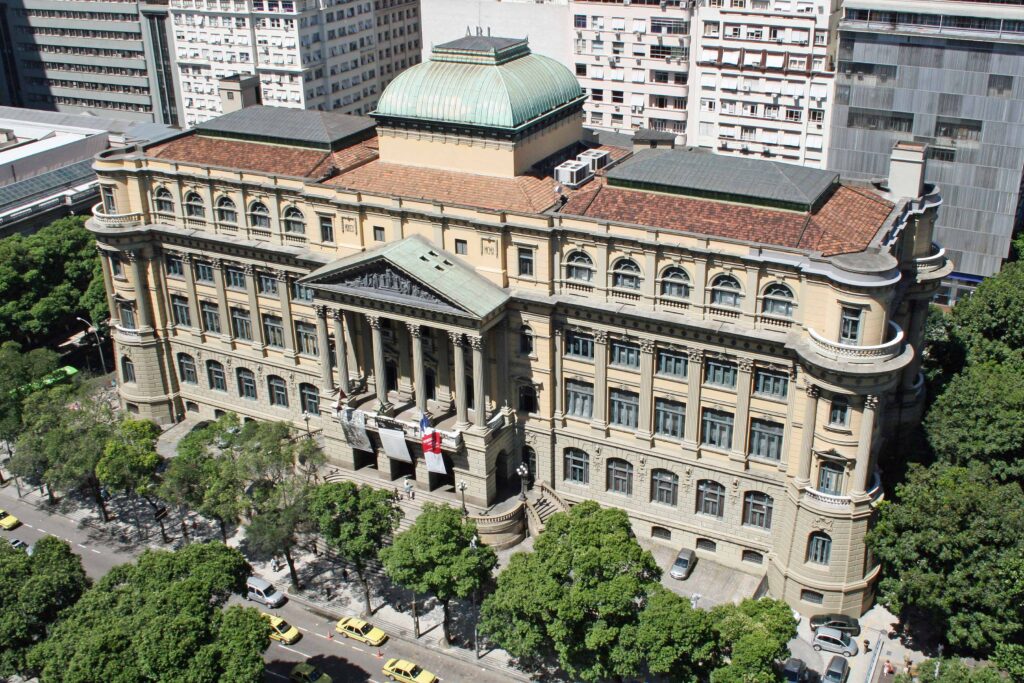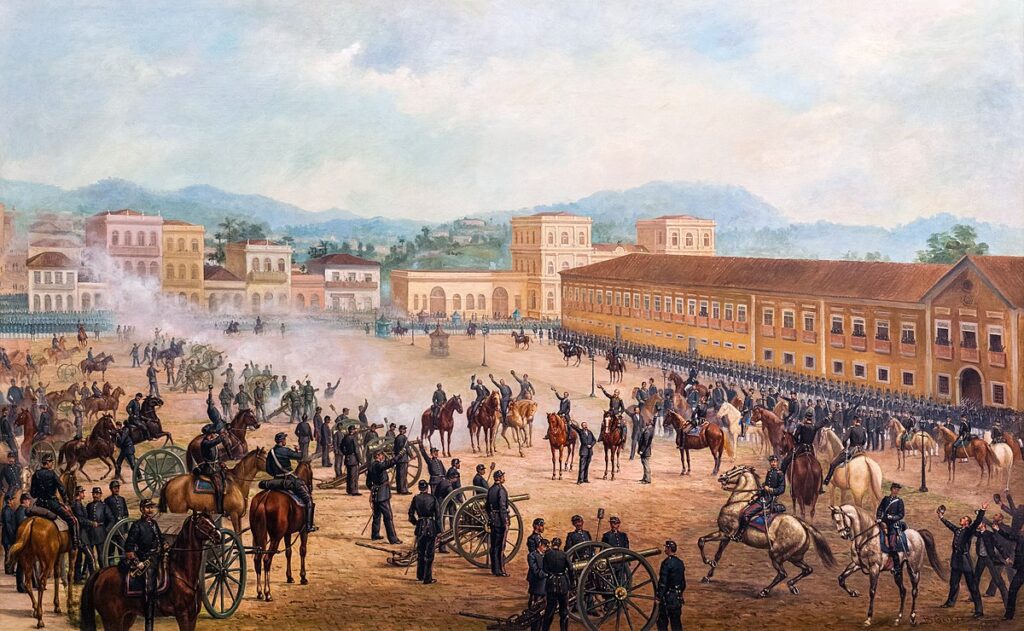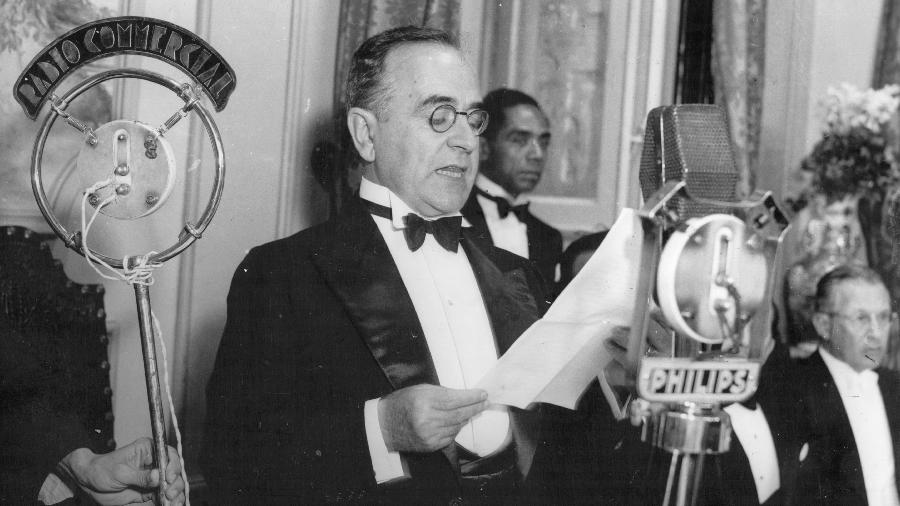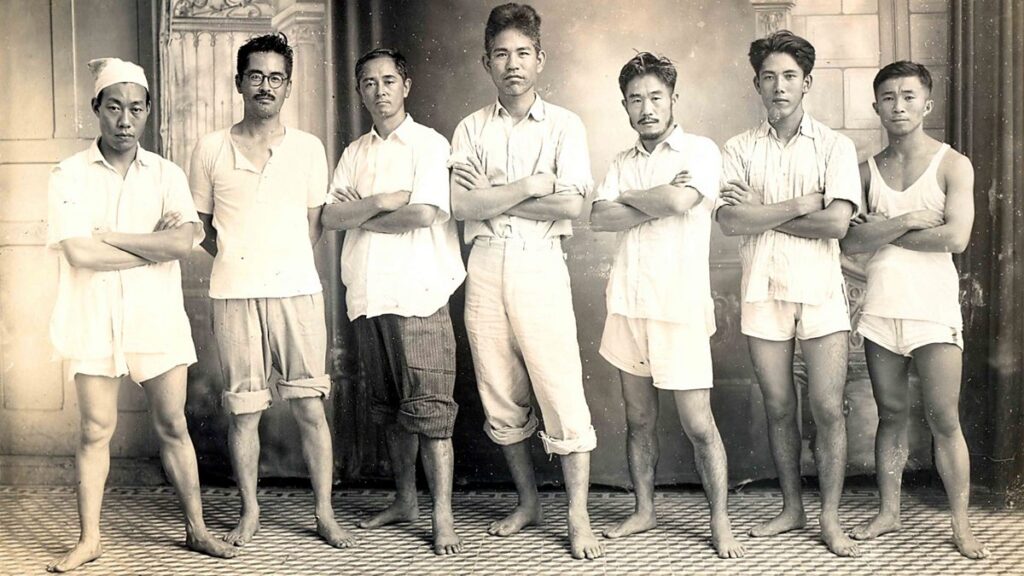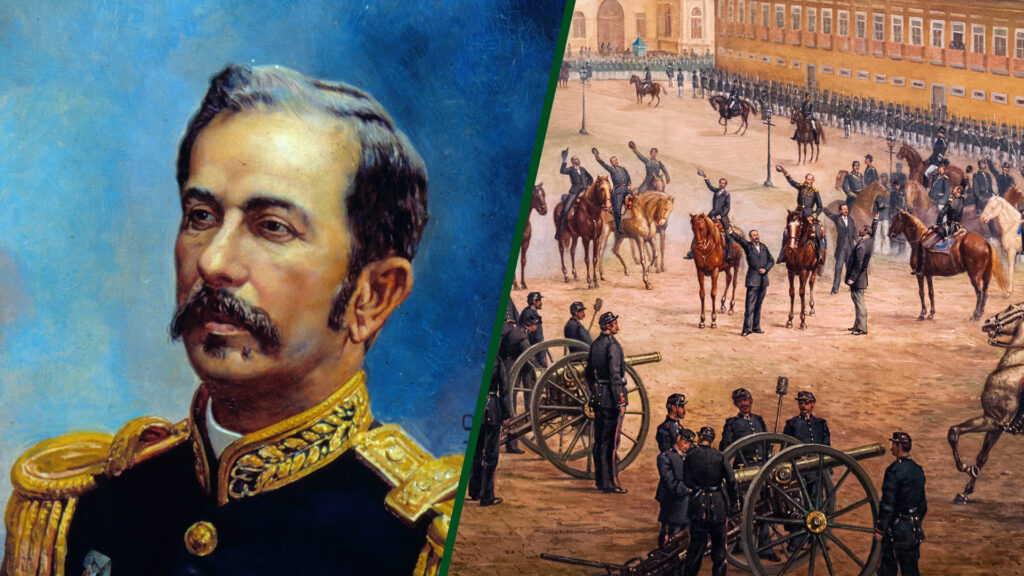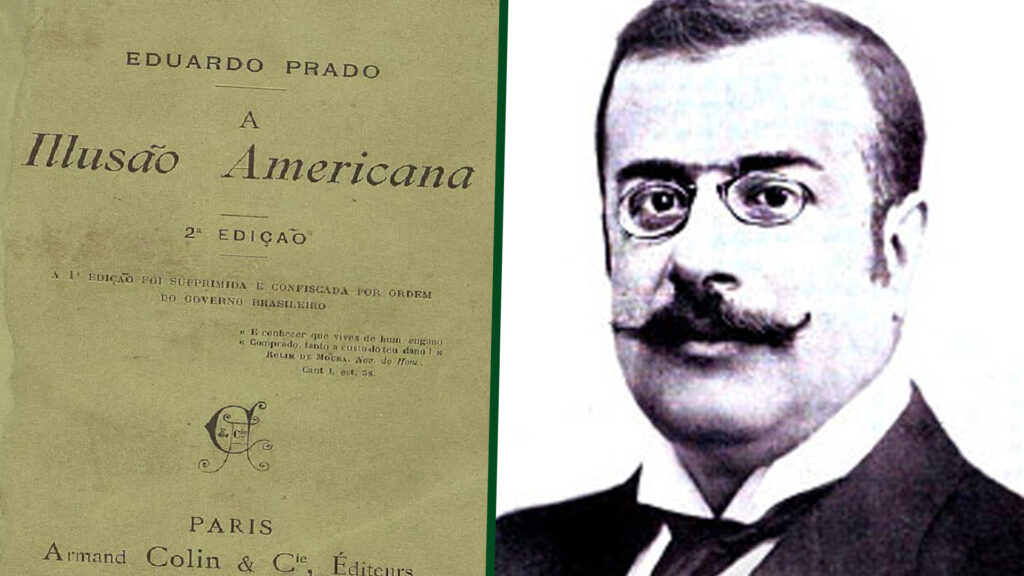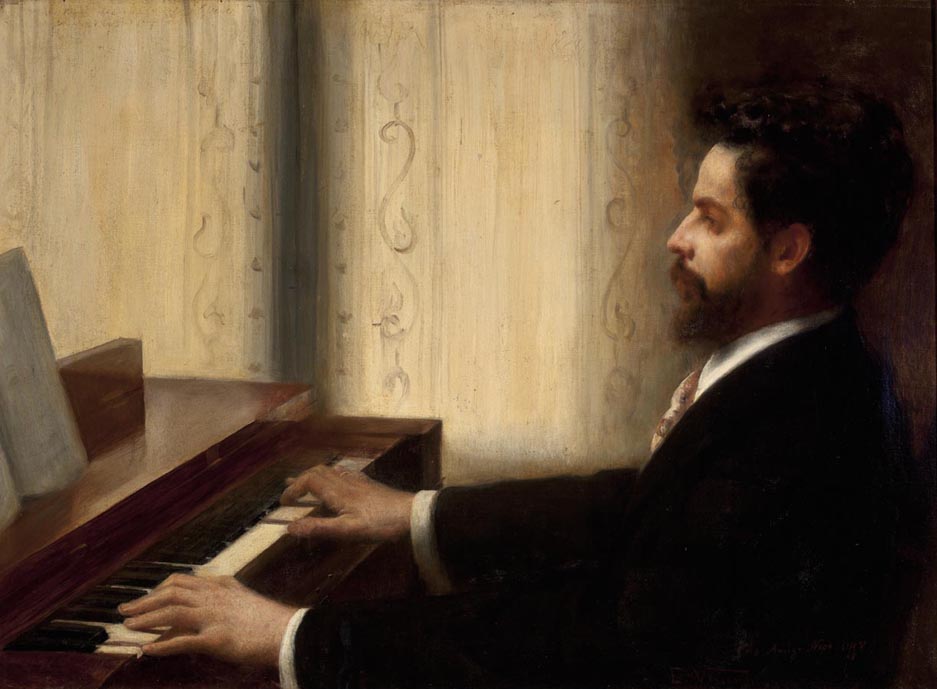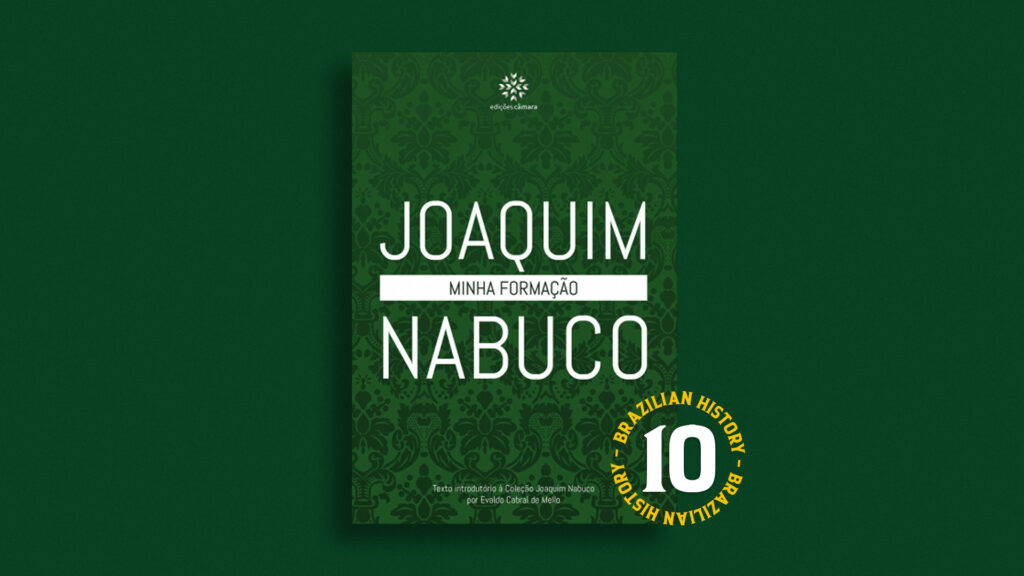
D. Pedro II – The Untold Story: The Last Emperor of the New World Revealed Through Unpublished Letters and Documents | Review
D. Pedro II – The Untold Story: The Last Emperor of the New World Revealed Through Unpublished Letters and Documents, written by Paulo Rezzutti, offers an in-depth and revealing look into the life and reign of Dom Pedro II, the last emperor of Brazil. Utilizing unpublished letters and documents, the

